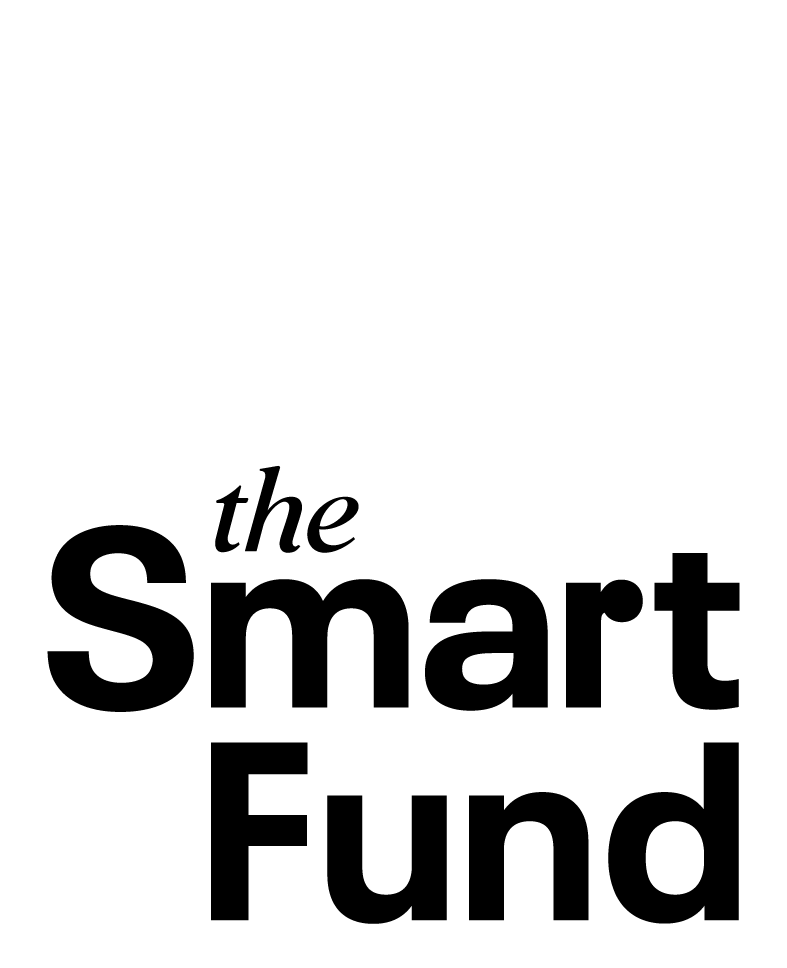Permindar Kaur, visual artist
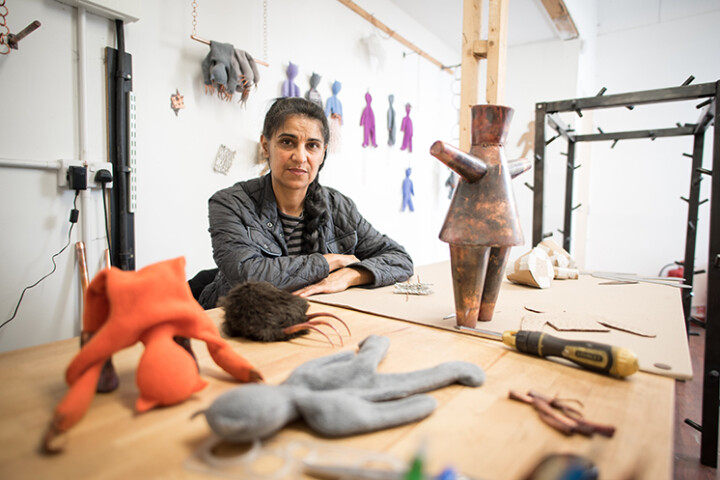
Permindar Kaur is a sculpture and installation artist who lives and works in the UK. Here she explains the importance of providing funding for individual creators.
Getting funding for individual artists is enormously difficult. The current trend in funding is more focused on participation, engagement, or community, which is very welcome, but makes the practice of art for individual agendas or interests unsustainable.
The tech sector platform is immensely profitable. Creatives contribute to it massively, maybe not as paid members but providing visual culture. It could be an ideal source of income for art individuals. It would hopefully provide a regular funding stream that I could put back into my practice. Every contribution, however small, helps me to carry on making artwork. An innovative way of doing this is with a fund from the tech sector for artists.
New modes of funding will broaden and increase opportunities for visual artists. The Arts Council is among the limited number of funders that allow individuals to apply, with just a 30% success rate. Funding is incredibly competitive, and artists try to access various resources, partnering with academics, institutions, and others, but too often development of projects is not supported. Artists are often lucky to receive travel expenses, and we often subsidise the development of projects. Getting commissions and getting into exhibitions is also very competitive. Popular programming means experimental or lesser-known artists are less likely to be commissioned or exhibited. This is particularly problematic for mid-career or mature artists.
An artist’s career is very inconsistent and difficult to plan. Sometimes I’m asked to take part in lots of things at the same time and then there are periods where there is nothing. As a freelance artist without representation, I don’t have a guaranteed income.
During a recent show in London, I put a lot of effort in to promote my work across social media platforms. I provide content for these platforms who gain most if not all the financial benefits. It is impossible to know if my images are being used or shared elsewhere. There is no way to track this, leaving me with little financial return for the work I do.
The Smart Fund could become a separate income stream, which would cover some of the costs of being an artist. I would be paid for the content I am providing. It would make the content I provide for social media much more beneficial. In addition to funding artists, the fund itself would raise the profile of artists and their work. The social media platforms would also benefit by being seen to be contributing financial support to artists in the UK.
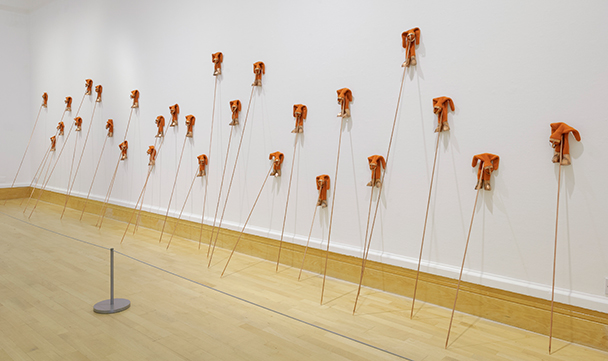
First image: Permindar Kaur photographed by Brian Benson. Second image: Independence, 1998, Permindar Kaur © Permindar Kaur. All Rights Reserved, DACS/Artimage 2021. Photo: Nick Dunmur
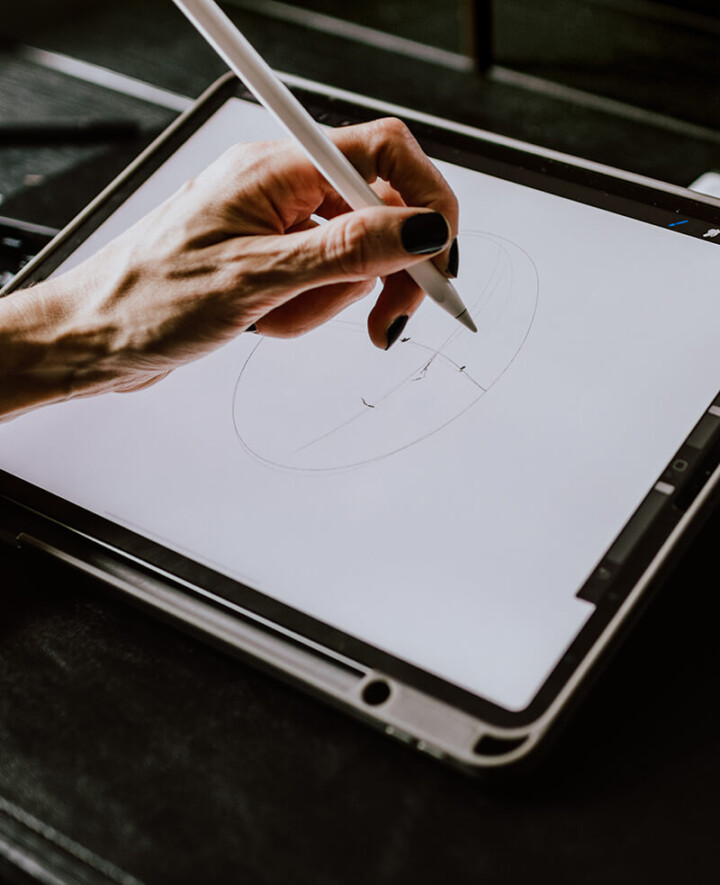
Payment for creators and performers
The UK is behind other countries in keeping up with technological developments.
Leading manufacturers are already paying into similar schemes in 45 countries around the world, generating over £900 million a year for creators and performers.
Pogus Caesar, photographer
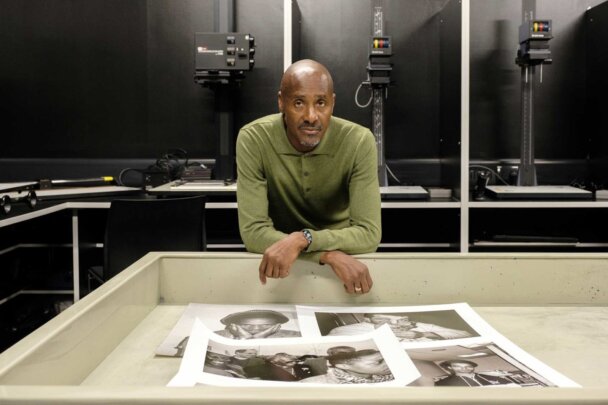
Pogus Caesar is a conceptual artist and photojournalist based in Birmingham, England. Here, he explains how The Smart Fund could make a difference to his practice.
The differences that The Smart Fund would make can and should be quite immediate, providing a framework where everyone involved benefits from the vast untapped artistic potential in the UK.
The practice of hard work equals pay is a framework that binds societies together, artists are no different and should be treated equally. Other countries have led the way with similar funds. We have the financial systems in place to build a society where government, technical companies and the artistic community develop a triangle of creative sustainability and trust.
As the UK rapidly adjusts to new modes of engagement, previous funding structures should be revised to accommodate new innovations. Technical possibilities during lockdown have given creatives the ease and immediacy of sharing content with a wide audience. From a personal point of view, this practice has eased the burden and a new freedom has been realised. All the technical, creative, and financial expertise is at the government’s fingertips. The creative community is keen to participate in these exciting developments and allow cultural cohesion to prosper, as other countries do.
The Smart Fund would provide an immediate impact, in terms of the positive uplift of a community that has been devastated and artistically denied much of its financial security throughout the pandemic.
As a creator, access to funding, building partnerships with artistic establishments, sustaining a competent framework in order to create art are just a few of the hurdles I have to overcome. To an extent these struggles become part of your everyday existence, so it becomes acceptable: ‘it is the life of an artist, the one you chose for yourself.’ However, constantly working to solve these issues can be mentally combative, therefore it is important to reorganise and work towards solutions that offer new perspectives. Engaging with the unknown can sometimes provide extremely positive outcomes.
In the past, I have found arts funders have made it increasingly difficult to understand their language and cultural practice. Confusion and lack of support ultimately drives artists towards the underground railroad of artistic survival, the hurdles and glass ceilings I have encountered has toughened my mettle and forced me to seek out alternative modes of survival. I am frequently reminded of this fact therefore prepared for the uneven journey, so I can adjust my mode of thinking for the more positive and significant developments in the arts appearing on the horizon.
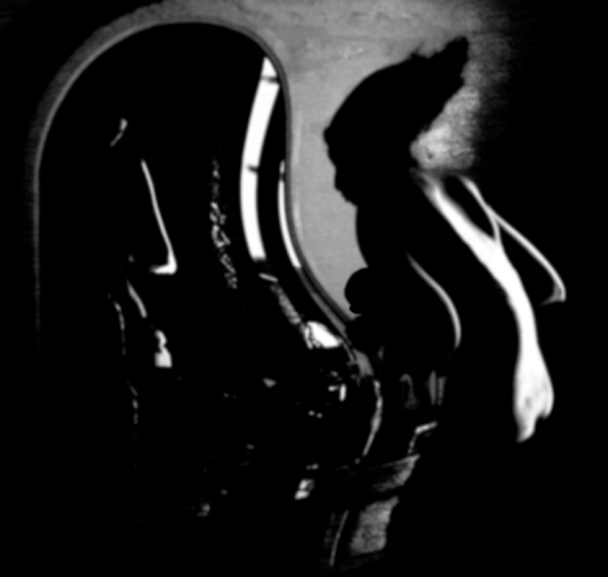
Pray for Becky, Pogus Caesar, 2018 © Pogus Caesar/OOM Gallery Archive. All Rights Reserved, DACS/Artimage 2021

Payment for creators and performers
The UK is behind other countries in keeping up with technological developments.
Leading manufacturers are already paying into similar schemes in 45 countries around the world, generating over £900 million a year for creators and performers.
